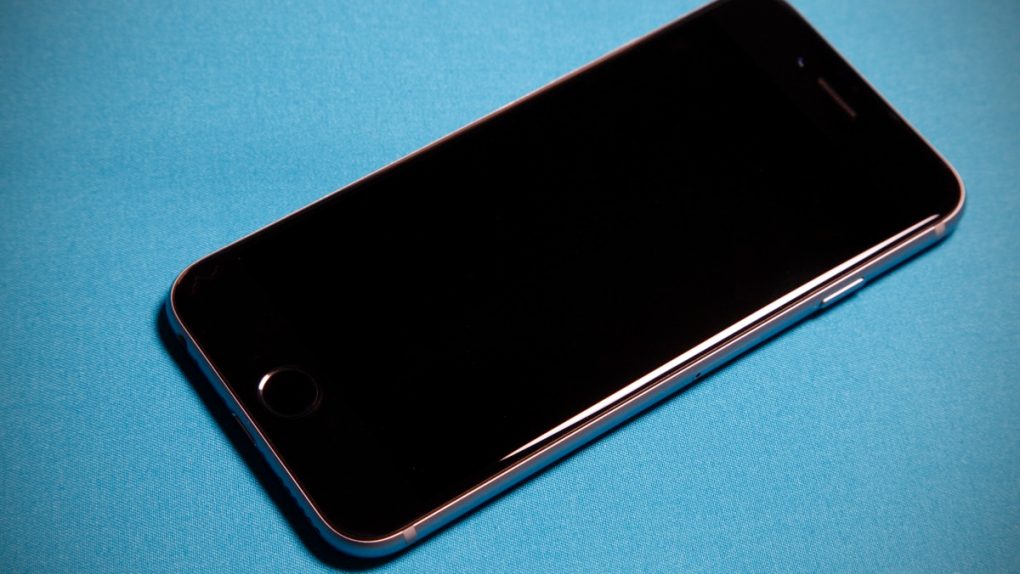Whichever side you happen to land on in the ongoing feud between Apple and the FBI, you’re almost certainly aware of the precedent that would be set if Apple did build software to unlock the phone of the San Bernardino shooter. It could shape the future of digital privacy, but even that might undersell the importance of this case.
DON’T MISS: Watch Tim Cook’s full 30-minute interview on Apple’s war with the FBI
In a piece for The New York Times, Farhad Manjoo reminds us that the devices we depend on today only collect a fraction of the data that future technology will require, especially when the Internet of Things becomes commonplace.
“Consider all the technologies we think we want — not just better and more useful phones, but cars that drive themselves, smart assistants you control through voice or household appliances that you can monitor and manage from afar,” Manjoo writes. “Many will have cameras, microphones and sensors gathering more data, and an ever more sophisticated mining effort to make sense of it all. Everyday devices will be recording and analyzing your every utterance and action.”
If the government can have access to this locked smartphone, why wouldn’t it be able to make the same argument for a self-driving car, a Kinect, Amazon’s Echo or even your refrigerator? Everything will be up for grabs.
The FBI has argued that the legal ramifications of unlocking a single phone are relatively “narrow.” The bureau says that it just wants the chance to try and guess the suspect’s password without risk of destroying any evidence.
It sounds perfectly reasonable, but as Manjoo notes, there is a long history of legal cases involving old technology that are still used as precedent for modern occurrences. Civil liberties analysts simply don’t have faith that the FBI would keep it word and refrain from using this case to affect future decisions if the FBI were to win.
“By and large you get very little constitutional protection for data housed by third parties, and that’s mostly a result of a Supreme Court case from the 1960s — before email, before search engines, before social networks,” Chris Soghoian, the principal technologist at the American Civil Liberties Union, told the Times.
If we want to retain any semblance of privacy in the connected future, Soghoian believes we need legal assurances that the FBI won’t be able to conscript third-party companies to spy on us. We can’t change the course of the future — we’re already on a path we chose long ago. That’s why this case between Apple and the FBI is so important.







